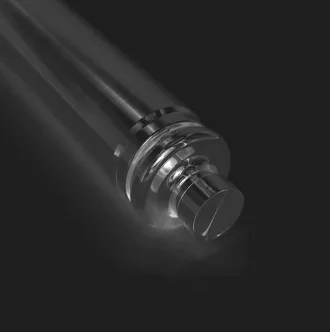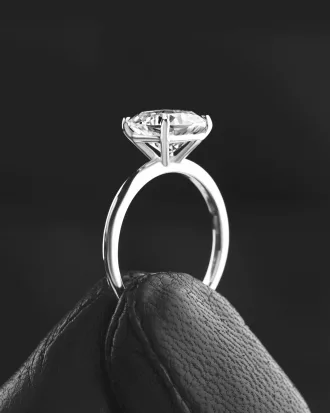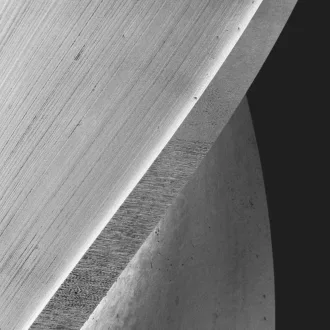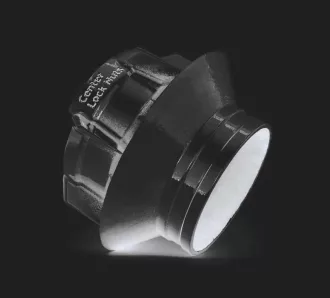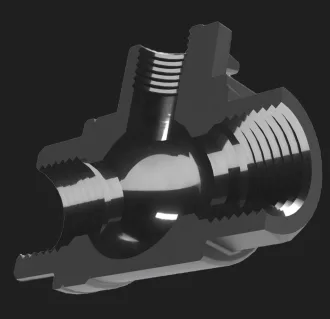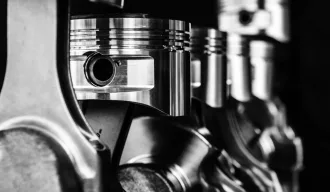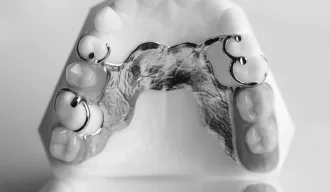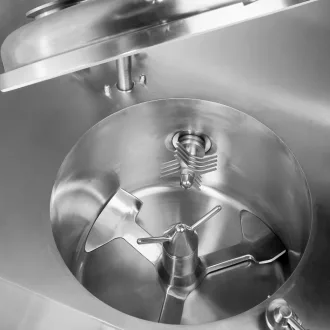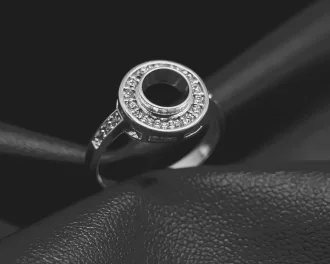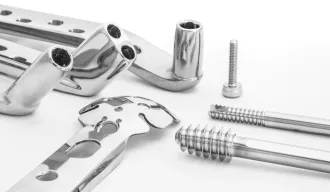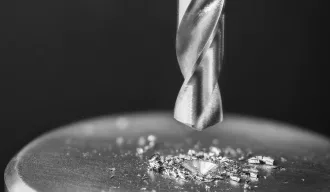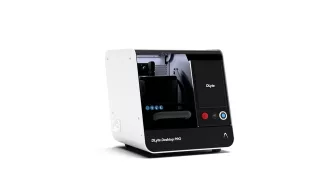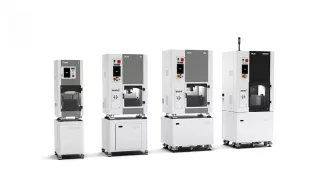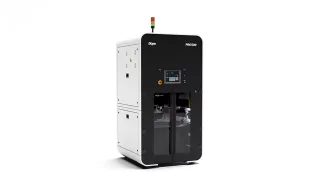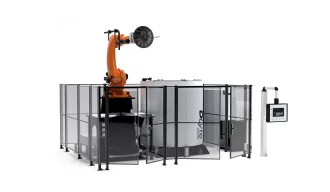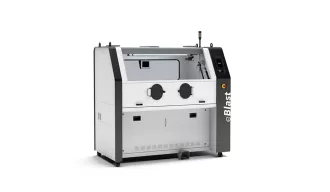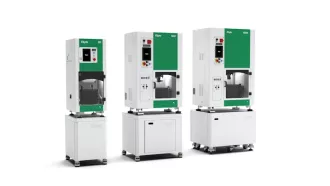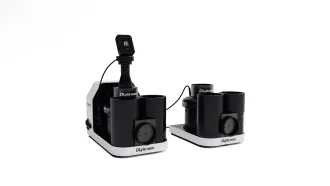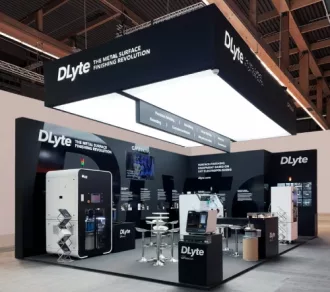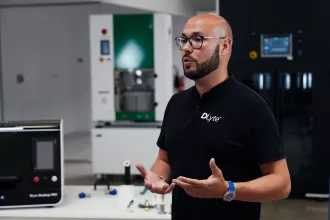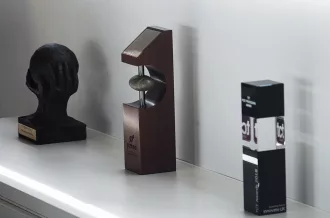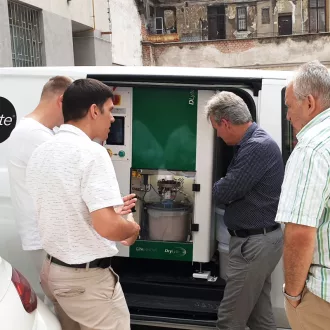GPAINNOVA’s client is a company specializing in designing and manufacturing high-quality carbide tools.
THE PROBLEM
Conventional mechanical surface finishing processes are ineffective in polishing tungsten carbide, as it is too hard to be eroded. Consequently, the improvement of surface quality results in uncontrolled rounding of the edges. Alternatively, chemical and electrochemical processes lead to corrosion and spontaneous cobalt release in a reaction known as leaching. Leaching causes the loss of the binder metal, leading to structural collapse.
Before adopting GPAINNOVA’s solution, the customer used a robotized arm for diamond brushing and final grinding with a diamond disc to polish the cutting inserts. They employed abrasive brushing tools with filament-integrated diamond grits. This process proved to be significantly resource-intensive, requiring additional time per piece and a complex robotized cell.
THE GOAL
The client was looking to improve production capacity and quality while reducing the cost of polishing carbide inserts. The customer needed to surface finish the tools to achieve higher quality and longer lifecycles.
The target was to achieve a mirror surface finish and a significant roughness reduction to reach an Ra goal below 0.01 μm (4 microinches). The parts are ground to have the exact size, geometry, and sharpness after polishing, so there are no specific requirements regarding edge radius. Additionally, improving the aesthetics of the tool would be valuable. Since most inserts receive a coating at the final step, enhancing the surface quality before this stage is also beneficial.
THE SOLUTION
GPAINNOVA successfully treated hard metal parts manufactured through the pressing and sintering of cobalt and tungsten carbide particles, achieving the precise target roughness required. The new DLyte process replaced the former method based on robotized brushing with a diamond brush, which was both time-consuming and inefficient.
Furthermore, time savings thanks to the DryLyte Technology were significant. The total process time for each DLyte working cycle stands at 44 minutes per batch of 160 pieces.

Are you interested in learning about the production increase, the comparison of previous and current costs per piece, or how DLyte can boost your business? Download now our free case study!
TECHNICAL BENEFITS
01. Without leaching effect
02. Geometry and tolerance preservation & homogeneous results across the piece
03. Best-in-class concerning surface roughness (Ra under 0.1 micrometers)
04. Stable results among different batches within the electrolyte lifespan
05. Longer lifespan for treated parts
OPERATIONAL BENEFITS
01. Reduced footprint
02. Time and cost reduction
03. Exposure of workers during process and maintenance
04. Handling and storage of media
05. No need for multistep processes
06. Easy waste management

